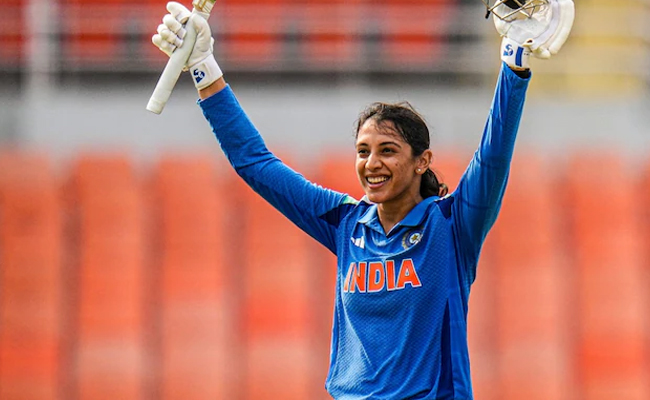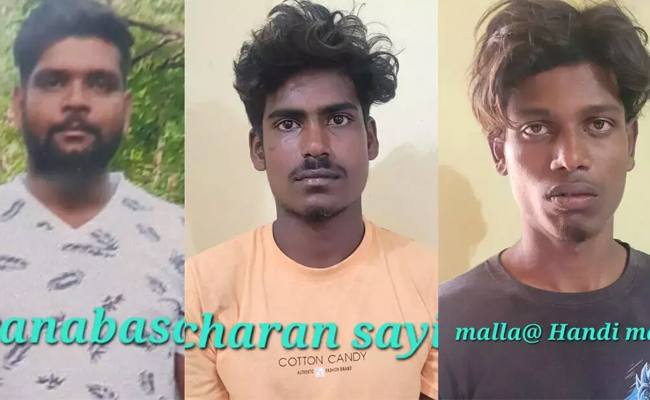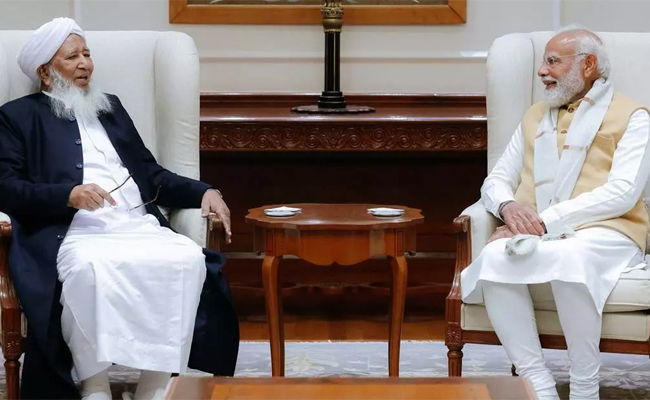Seoul: The South Korean government on Thursday took measures to ban the use of anonymous virtual accounts in cryptocurrency transactions following a ministerial meeting.
The measures, currently in effect, stipulate deposits and withdrawals be allowed only in digital accounts that can be verified with the bank account with a person's name, and also ban the issuing of new virtual accounts not linked to a bank account, reports Efe news.
Hong Nam-ki, minister of the Office for Government Policy Coordination, said the government "can't let this abnormal situation of speculation go on any longer".
The decision goes against one of the main characteristics of cryptocurrencies: the blockchain, a technology that allows the encryption and recording of transactions between two parties in a verifiable, permanent and anonymous manner without intermediaries.
South Korea is taking the steps taken by Japan and other countries, where cryptocurrency exchanges require users to furnish official documents for registration as per government regulations.
South Korea's Financial Intelligence Unit and Financial Supervisory Service will make joint inspections of virtual cryptocurrency exchanges to ensure that transactions are carried out under a real name.
In South Korea and Japan, cryptocurrencies have become a popular form of payment, an investment asset and are even used as a pension fund due to relatively small returns from other investments.
Hong said that speculation in cryptocurrencies was rife in South Korea, where the value of many virtual currencies has become higher than abroad and as the Central Bank does not offer guarantee on the currencies, they are susceptible to fluctuations and big crashes.
The South Korean ministry of justice had proposed suspending cryptocurrency exchanges, but the final measures are aimed at stopping the anonymous use, preventing money laundering and reducing advertisements about cryptocurrencies
Let the Truth be known. If you read VB and like VB, please be a VB Supporter and Help us deliver the Truth to one and all.
New Delhi (PTI): Star batter Smriti Mandhana, who played a pivotal role in India's historic 2025 Women's World Cup triumph, was named the BBC Indian Sportswoman of the Year for 2025 at a glittering function here on Monday.
Chess prodigy Divya Deshmukh won the Emerging Player of the Year award, for her historic FIDE Women's World Cup triumph at just 20.
Preethi Pal was named the Para-Sportswoman of the Year, for winning two bronze medals at the 2024 Paris Paralympics in track and field, while Anjali Bhagwat was honoured with the Lifetime Achievement Award, recognising her pioneering career as India's first woman shooter to reach an Olympic final and her trailblazing success on the world stage.
Mandhana, who is currently touring Australia with the Indian team for multi-format bilateral assignments, said in a video message: "Thank you BBC for giving me the awardfor Best Sportswoman of the Year. 2025 was a special year for women's cricket, especiallytowards the end we had a World Cup and I'm happy I could contribute and help India win matches.".
At 29, the left-handed batter is already among the game's greats, with the second-highest number of centuries in women's One Day Internationals and ranking third in total runsscored among current players worldwide.
Hailing from Sangli city in Maharashtra, the affable Mandhana was inspired by her father and brother, both of whom played cricket at the district level.
In September last year, she made a 50-ball hundred against Australia – the fastest 50 over international ton (men and women) by an Indian in the format, breaking Virat Kohli's record.
The award winners were decided by a distinguished grand jury comprising Leander Paes, Deepa Malik, and Anju Bobby George.
Praising the athletes' achievements CEO of BBC News, Jonathan Munro said: "Congratulations to this year's winners who showcase the very best in sporting excellence. The BBC World Service is committed to bringing such stories of human endeavour and outstanding success to audiences across India and around the world.".
Additionally, the ceremony also celebrated a wide spectrum of talent and impact, recognizing star performers and changemakers for redefining the landscape of Indian sport.
BBC Star Performers of the Year 202.
• Indian Women's Cricket Team: for their historic World Cup victory.
• Ekta Bhyan, Deepthi Jeevanji and Preethi Pal: for their trailblazing performances at the World Para Athletics Championship.
• Indian Women's Cricket Team for the Blind: for their inspiring World Cup victory.
• Indian Women's Kabaddi Team: for their smashing victory in World Cup.
.
BBC Changemakers of the Year 202.
• Indian Women's Ice Hockey Team: for breaking barriers in a non-traditional sport.
• Rajbir Kaur: Indian field hockey player and former captain of the women’s national team.
• Savita Punia: Indian field hockey player and current member of the national team.
• Paani Devi: recognised for her impactful contribution to grassroots sport.





